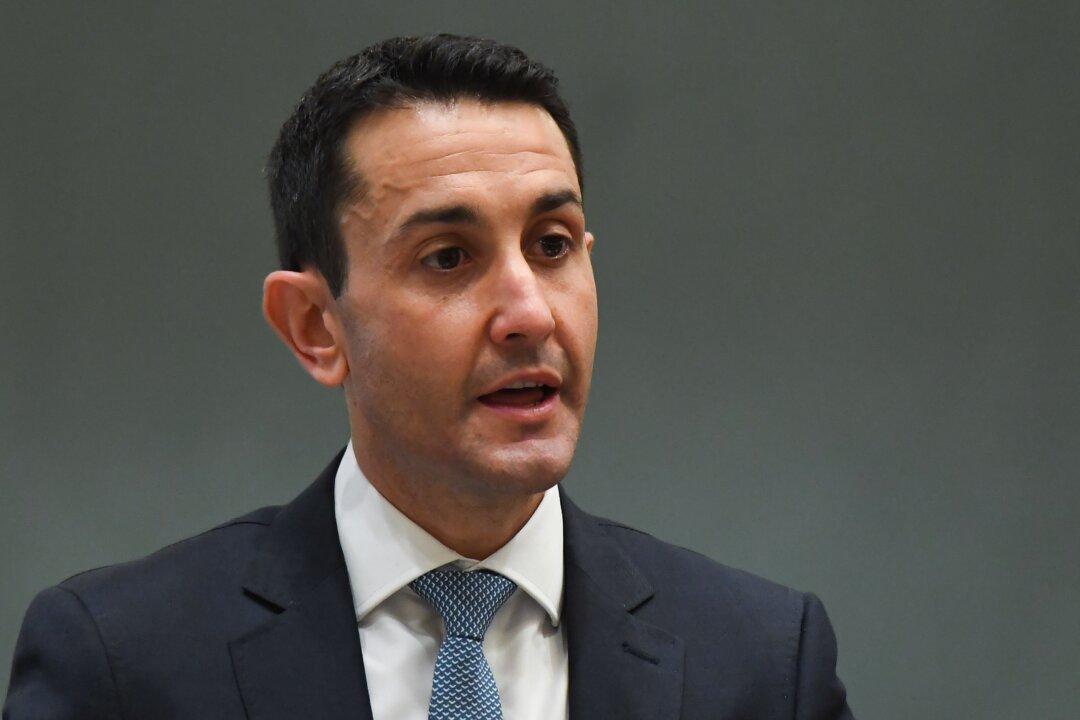Queensland’s Liberal National Party leader will vote against legalising euthanasia laws saying there are no guarantees terminally ill patients will have access to high-quality palliative care.
Crisafulli had been non-committal on his position leading up to parliamentary debates, which began Sept. 14 around the prospective laws.






